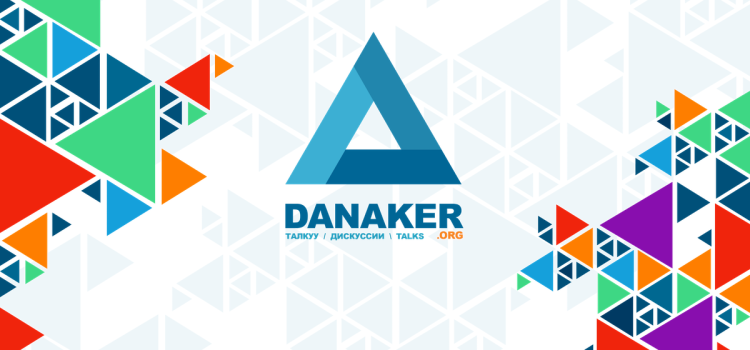According to the World Bank, micro-, small and medium-sized enterprises account for 90% of businesses, 60 to 70% of employment and 50% of GDP worldwide. https://www.un.org/en/observances/micro-small-medium-businesses-day
There are 12.6 thousand small and medium-sized enterprises (SMEs) in Kyrgyzstan, of which 11,900 are small enterprises and 7,000 are medium-sized. The share of SMEs in GDP amounted to 31.2 percent (in 2022 – 32.3 percent of GDP).
The small and medium-sized businesses play an important role in the economy of the Kyrgyz Republic. Director of the Osh branch of the National Mediation Center, Avazbek Shamshiev, says that commercial mediation is gradually starting to attract interest from businesses.
He says that a few years ago, two entrepreneurs approached him .
“Two friends were doing business in the neighborhood: one had a car wash, the other had an auto repair business. But after some time, the owner of the car wash died, and the business passed to the son of the deceased. The owner of the car wash filed with the court to demand the law recognize the ownership of the land between the car repair company and the car wash”.
Shamshiev explained that the land was not fenced and was used for the arrival of cars for both entrepreneurs.
Identification of Interests
“During the mediation meetings, I tried to understand the reason why a small plot of land, only 2.5 square- meters, could become the cause of the dispute? What factors provoked the aggravation of relations between the parties? Is the true interest of the parties involved?” says Shamshiev.
Shamshiev began to study the documents and map of the land. And here his experience in water supply projects came in handy – he discovered that a water pipe runs through the disputed area. It became clear that for the owner of a car wash, access to water is the most important factor in the prosperity of the business. But if the owner of the car wash had fenced off the site, he would have closed the entrance to the car repair shop.
“During the mediation, I was able to build a conversation in such a way that the parties could talk about the true reason for the dispute. It turned out that a few months ago, the owner of the car repair shop, repairing the road, blocked the water for several days, but did not notify the owner of the car wash. He saw this as a threat to himself and decided to go to court. This mediation allowed the parties to understand each other and come to an agreement: the owner of the car repair shop will use the drive-in area; the owner of the car wash will use the water. In case of repair of the site, the water pipe, they will notify each other in advance,” Shamshiev said of the results of the mediation agreement.
As part of the second II phase of the EBRD and IDLO project on the development of commercial mediation, Shamshiev was trained in online mediation, and now he can work in a hybrid format.
Dilbar Makismbekova, head of the EBRD IDLO project for the Development of Commercial Mediation, says that mediators play an important role as an alternative resolution to business conflicts.
“The ability to use mediation tools will allow the parties to find a constructive solution. This, in turn, will contribute to the development of small and medium-sized businesses in the country, attracting new investments,” she says.
Within the framework of the second phase of the project, trainings were held for judges to identify mediable cases, mediators were trained to conduct online mediation, and work is also underway to involve businesses in raising awareness of mediation.
“The use of commercial mediation should become a business norm in Kyrgyzstan,” Maksimbekova concluded.




